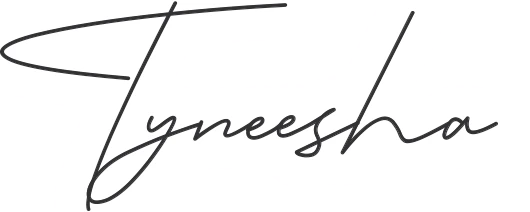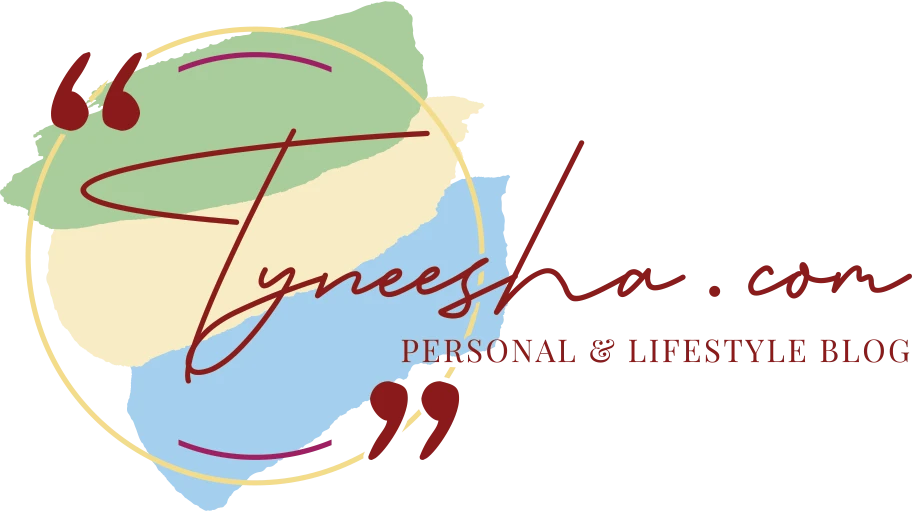25th October, 2024

Did you hate school? Well, you’re not alone! Most of us did at some point or another.
Follow up question: Does that not seem strange to you?
Most of us spend over a decade in the education system and graduate year twelve with nothing but a bruised self-image and a very shaky understanding of trigonometry. But we’ve all heard the ‘I don’t know how to do my taxes’ narrative. That’s not what I’m getting at.
The high school education system churns out oily 18-year-olds who don’t know how to manage their money, communicate effectively, or care for themselves on the most basic level. The high school education system does not cater to the needs of the student. The kids that do well in school are the ones who learnt to comply with the demands of the system, which should be serving the students.
Knowledge is freedom, simply put. By year 12, we’ve had a hundred tonnes of mindless nonsense shoved down our throats about the HSC and ATAR. It’s implied that if we do poorly in those last set of exams, we may as well give up on life. All that stands between you and lifelong unemployment is this multiple choice question about mitochondria. It’s ridiculous. And we all know it. But we trap ourselves in the illusion because it’s hard not to believe a lie that’s fed to you five days a week for six years.
The well-known ineffectiveness of the standardised test is only one part of it. To do well in school, you need one skill and one skill only. You need to have a good memory. I didn’t hate exams because I was good at remembering what they told me. That didn’t mean I was any more intelligent than anyone else, but the system would have you believe otherwise.
We all know that the standardised test system doesn’t work for most people’s benefit, so why are schools still following that same structure?
“We are not taught the right things, and we are not taught them in the right way.”
Capitalism profits off of insecurity. How many people waste thousands of dollars in university just because high school made them think it was the only way to succeed? Of course, we’re put in a system that pits us against each other and teaches us to fear ‘failure’ like nothing else. It doesn’t prepare you for the real world, in any sense. In the real world, you need to know how to communicate and collaborate with coworkers. In the real world, you fail over and over and over before you pass. The high school system sets you up to fail but doesn’t teach you how to deal with it. Those who did well academically probably struggled socially and vice versa.
The system limits the information we are taught, the pace at which we learn and the method in which we learn. It teaches us that failure to comply with authoritative structures and systems means failure in general. It doesn’t. Freedom in education leads to freedom in general. It is the systems’ responsibility to meet the individuals’ needs, not the other way around. I remember hearing a phrase during my trial exams:
“Did you fail school, or did school fail you?”
I went to a catholic high school. There were a few more restrictions on what we were allowed to learn. For example, they weren’t really supposed to teach us about contraception. I’m pretty sure we were supposed to be abstinence educated. Luckily, I had a good teacher who found ways to give us a little more information than I think she was allowed to. That said, I was never taught about same-sex relationships, I was never taught about conflict management, we definitely weren’t given an in-depth understanding of consent. At some stage, I should have had to sit in a class and learn coping mechanisms for anxiety and depression.
You might think, “parents should teach that stuff “…, but not everyone’s parents know those things – they went through the same system. Also, in some cases (such as sexual education), parents assume that schools teach things, and the schools assume that parents teach them. The result is neither. The kids learn from the internet – and we all know how that works out.
I didn’t do any practical subjects in year 11 and 12. I got to choose all of my subjects, except I had to do one form of Religion and English. I wanted to do Music, but I chose Legal Studies instead. I chose subjects based on what I thought I would be good at, what would make me ‘employable’, not what I actually enjoyed. I think a lot of people fell into that trap too.
“Did you fail school, or did school fail you?”
We all agree that school does not teach you essential life skills, and if they do – it was by chance or selection. You can choose to learn cooking or sewing, and maybe if you’re lucky, you’ll get one exceptionally caring teacher who might teach you emotional intelligence.
We are not taught the right things, and we are not taught them in the right way.
My favourite teachers were the ones who let us sit outside from time to time. I did my best learning sitting on the ground with my legs crossed, doodling in my notebook. I hated maths because I didn’t feel like I was good enough, so I dropped the subject the first chance I got. I shouldn’t have been made to hate it to the point that I just gave up on it. I did have one maths teacher who tried to teach us trigonometry through song, and so that is the only syllabus requirement I still know.
It’s in this way that school actually discourages learning. Kids end up feeling ashamed for not understanding a concept, then they give up. Often, we are taught only one way of doing our work. We are taught 2+2=4, but for some of us, 2=4-2 makes more sense. They teach us as if all of our minds work the same way when we are all different. We can’t be put through this monotonous system and expected to live up to one definition of success. Success and failure mean something different to me than it does to you, so naturally, we should prioritise various forms of learning to get where we want to be.
In summary, high school lied. Learning is a life-long process, and we will all learn in different ways about different things. No one is better than anyone. Everyone is knowledgeable in some area and unknowledgeable in others. You are not dumb, and intelligence is subjective. Your perceived intelligence is not reflective of your worth nor your employability. Moreover, employment is not everything. Success is not everything. Success that isn’t self-defined will inevitably lead to failure. Failure is subjective, and it’s never permanent. At worst, failure is feedback. It helps you try again and eventually succeed. Don’t run from it; embrace it. Redefine it. Work with it.
You’ve got this.






